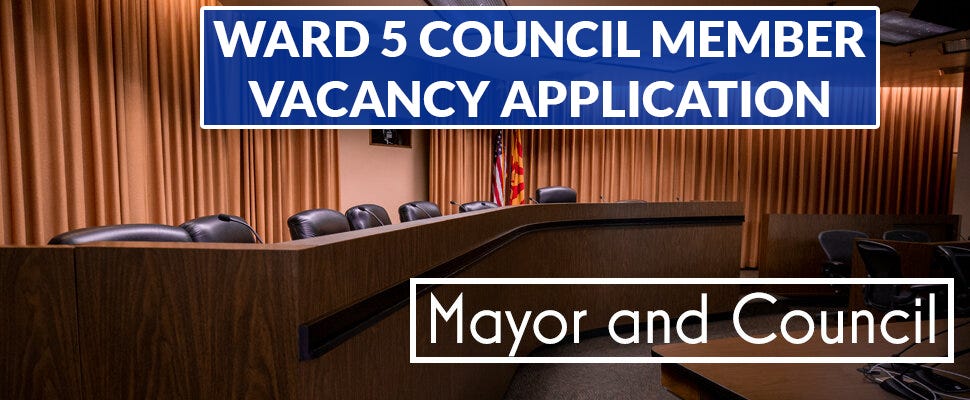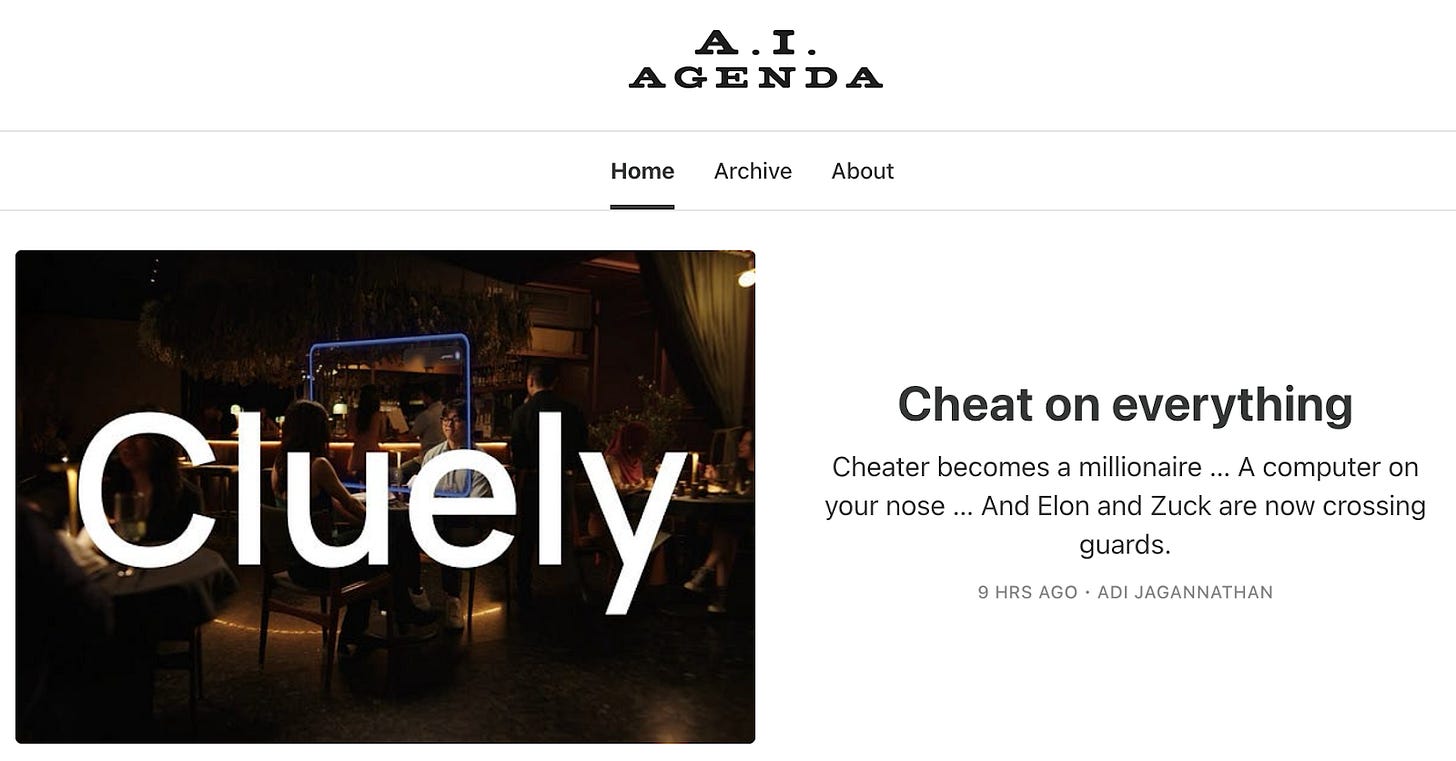The City of Tucson is looking for an independent self-starter who thrives under pressure, makes decisions quickly and is ready to jump into the thick of it right away.
The role is temporary and the perks are impressive — a competitive salary, benefits on day one, and an experienced, dedicated staff.
Here’s the bad news.
Every decision will be second-guessed. Half the city will disagree with any position you take, sometimes loudly. The ideal candidate will have to step into the long shadow of Richard Fimbres, a man whose legacy looms large over the Tucson City Council.
The candidate will need to start immediately. The Council fast-tracked a public process to fill the soon-to-be-vacant Ward 5 seat earlier this week, asking eligible candidates to submit their application by 9 a.m. on May 1.
For everyone who has ever wanted to be on the Council, this may seem like a dream opportunity — no signature gathering, no fund-raising and no debates.
Democrats who have lived in Ward 5 for at least one year can apply for the job on the city’s online portal and then can make their case before the Council on May 6. There, each will try to convince at least four of the remaining six members to select them for the appointment.
Whoever gets the job will have a lot to deal with from the get-go.
Yesterday, we wrote about the looming budget crisis and hinted at the hard choices ahead for the Council.
It wasn’t the only political mess in front of them: The Council deadlocked on whether to ban sleeping in washes with the looming threat of Proposition 312 lawsuits.
Not to mention an uncertain future related to how trade and tourism will be affected by possible future tariffs and President Donald Trump’s executive order declaring a national emergency at the southern border.
Credit where credit is due
Mayor Regina Romero started the discussion about appointing a new Councilmember on Tuesday with a heartfelt tribute to Fimbres.
“I just want to take a moment to recognize the work that has been done by Councilmember Fimbres in serving the residents of the city of Tucson and Ward 5. It's been an honor for me to learn from him. He has been a lifelong public servant, more than 30 years of public service to not just Tucson, Pima County, but our state,” Romero said.
The Council won’t follow the same protocols as the last appointment when they replaced Steve Kozachik after he stepped down last year. The process took weeks and included a public debate. The Council ultimately selected former Councilwoman Karin Uhlich to complete the remainder of Kozachik’s term in Ward 6.
The city charter allows the Council to determine the process of appointing a new Councilmember, City Attorney Mike Rankin said on Tuesday.
Romero said she wanted to discourage the three Democrats who are currently running to succeed Fimbres when his term formally expires in January.
“I would not like to see someone that’s running for the seat to even apply. I think it should be someone that will hold the seat,” Romero said.
Councilman Paul Cunningham agreed with Romero, but said the city shouldn’t blacklist anyone.
“I don't know if (current candidates) shouldn’t be allowed to apply or not,” he said. “I don’t think that’s up to us. But at the end of the day, I don't think I’d be comfortable in tilting that election. I think it’s important that the voters decide that.”
When you’re counting to four — a simple majority of the Council needed to appoint a new Councilmember — it’s good to note that there are already two votes against anyone running in the Democratic primary.1
And this time around, the Council is requiring each applicant to fill out a financial disclosure form.
While we love the fact that these forms are required to be filled out once a year, we’ve noted in the past that they’re not exactly comprehensive.
The city will not do criminal background checks on the candidates.
Discussion on Tuesday focused on working with the Pima County Recorder’s Office to determine their eligibility as a candidate.
Speaking of background checks, when the Pima County Supervisors were trying to fill the vacancy in District 5, county officials did background checks on all the applicants.
They’re now doing another round of background checks for candidates looking to take over the justice of the peace seat vacated by Judge Alexander Ball.
To apply to be Tucson’s next Councilmember, you must be a registered Democrat, have lived in Ward 5 for at least the last year, have been an eligible voter for the last three years and fill out the entire application.2
Background checks are our specialty. If you want an extra pair of eyes on all these people, upgrade today!
As our sister publication, the Arizona Agenda, noted yesterday, Adelita Grijalva is using her father’s prized fundraising email list in Congressional District 7, per Semafor.
Raúl had a pretty massive list. And now his daughter is using it to run for his old seat.
But those digital Rolodexes have real value. So taking Raul’s list is a tangible benefit to Adelita’s campaign that must be reported as an “in-kind” contribution (meaning not a cash donation, but free services).
The younger Grijalva says she’ll report the in-kind contribution in her Q2 campaign finance report.
Due to the timing of the special election, voters will have their ballots for a few weeks before the candidates are required to file their next campaign finance reports.
But let’s put this in context — the CD7 race is filled with a lot of movers and shakers in the political world that have lists that they’ve used in previous political campaigns.
That includes Adelita, who successfully ran for a seat on the Tucson Unified School Board five separate times before winning the District 5 seat on the Board of Supervisors in 2020 and again in 2024.
We think that a lot of people will be surprised by the value of the “in-kind” contributions, although we expect complaints that the amount reported is either too high or too low.
A few years ago, we saw them often valued at under $1,000.
These lists are an interesting political commodity — sometimes shared with smaller aligned campaigns, rented to other campaigns or from third-party political consultants who use the lists as part of their services to a campaign.
The latter, which is extremely common, makes it difficult to put a price on a fundraising list.
Water is a huge issue in Arizona. But it’s hard to keep track of all the political maneuvering and technical issues, let alone understand the long history that leads up to the challenges that Arizonans face today.
That’s why we launched the Water Agenda earlier this year. It’s for regular people who want to understand the mechanics and politics of water, but haven’t spent the last decade getting a PhD in hydrology.
Here’s a bit from today’s edition by our resident water expert, Christian Sawyer:
“If you ever find yourself talking about water all the time like I do, you’ll quickly realize that our everyday conversation is filled with water-themed turns of phrase, and unintentional water puns are unavoidable.
Allow me to illustrate:
As we get closer to deadlines for Colorado River negotiations, news feeds will befloodedwith headlines about upcoming water reductions. State water managers facesink-or-swimdecisions as Lake Mead hovers near historic lows. If Arizona doesn’t want to be lefthigh and dry,she’ll have to make some concessions among the basin states. The decisions Arizona made 80 years ago had aripple effectand now we’re stuck with junior water rights. Theship has sailedon merelytreading water,and now we’rein over our headsas solutionsdry upand…
You get it.”
Education is a lot like water. Everybody has a stake in it, but you really need to spend some time to understand the long list of power players and the huge sums of money at play.
And right now, the Trump administration has put education front and center in the culture wars.
The Education Agenda is your weekly cheat sheet on the big-time politics, and where those politics come home to roost: classrooms and school boards.
Here’s how veteran reporter Curt Prendergast kicked off Wednesday’s edition:
“School officials in Arizona have a serious deadline to meet tomorrow.
They were put in a tough spot when President Donald Trump told them to get rid of policies that promote diversity, equity and inclusion. Arizona Superintendent of Public Instruction Tom Horne followed close behind, telling school districts that he considered DEI to be racial discrimination and they better do what Trump said.”
Like education and water, artificial intelligence touches all our lives. But what sets it apart is the fact that it’s so new. Most people haven’t had enough time to wrap their minds around it. And when we don’t understand something, we tend to be a little afraid of it.
Every Thursday, the A.I. Agenda focuses on one corner of the vast world of AI and gives you an easily digestible introduction to a wave of technology that’s growing every day.
And, of course, the cast of characters in this drama is far goofier than you might expect.
Check out this guy (who’s now a millionaire) that our AI guru Adi Jagannathan highlighted in the latest edition:
“Two months ago, Columbia University undergrad‑turned‑dropout Chungin “Roy” Lee live‑streamed himself acing an Amazon coding interview while a secret browser window spoon‑fed him the answers.
The video went viral, Columbia suspended him, and naturally, venture capitalists showered his newborn startup, Cluely, with $5.3 million to help the rest of us ‘cheat on everything.’
Lee isn’t an outlier; he’s a preview.”
As we dig into the CD7 campaign, it seems like a good moment to note that Joe once gave money to Martha McSally’s congressional campaign when he was a reporter at the Arizona Daily Star.
His $25 contribution didn’t change his relationship with the campaign, it just bought him access to a luncheon where she was speaking to campaign supporters.
Except it didn’t end there.
He got a lot of calls and emails inviting him to campaign events you wouldn’t normally extend to a political reporter, including an election-night event at a private residence.
Ever since his name got on that fundraising list eight years ago, he’s gotten calls, texts and emails from a variety of super-unrelated GOP candidates and campaigns.
His information was sold, shared and resold over and over again until he was getting hit up for cash to fund Herschel Walker’s campaign when he ran for Senate in Georgia as a Republican.
So we’ve decided that Joe needs a campaign donation budget this year.
Not because we care who wins these political races, but because we wanna see the juicy info that politicians only send to actual donors.
There are no Republicans running in the Ward 5 race this year.
We noted less than two weeks ago that Trista di Genova was deemed not eligible for the District 5 Supervisor vacancy because she didn’t complete the right paperwork.












Sounds like this is Trista di Geneva’s big chance!